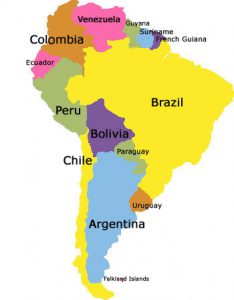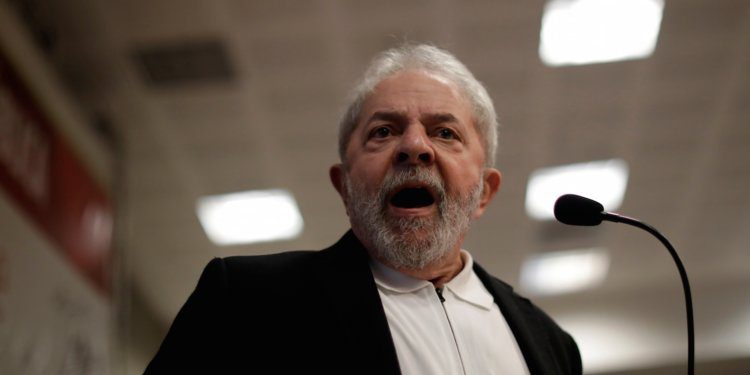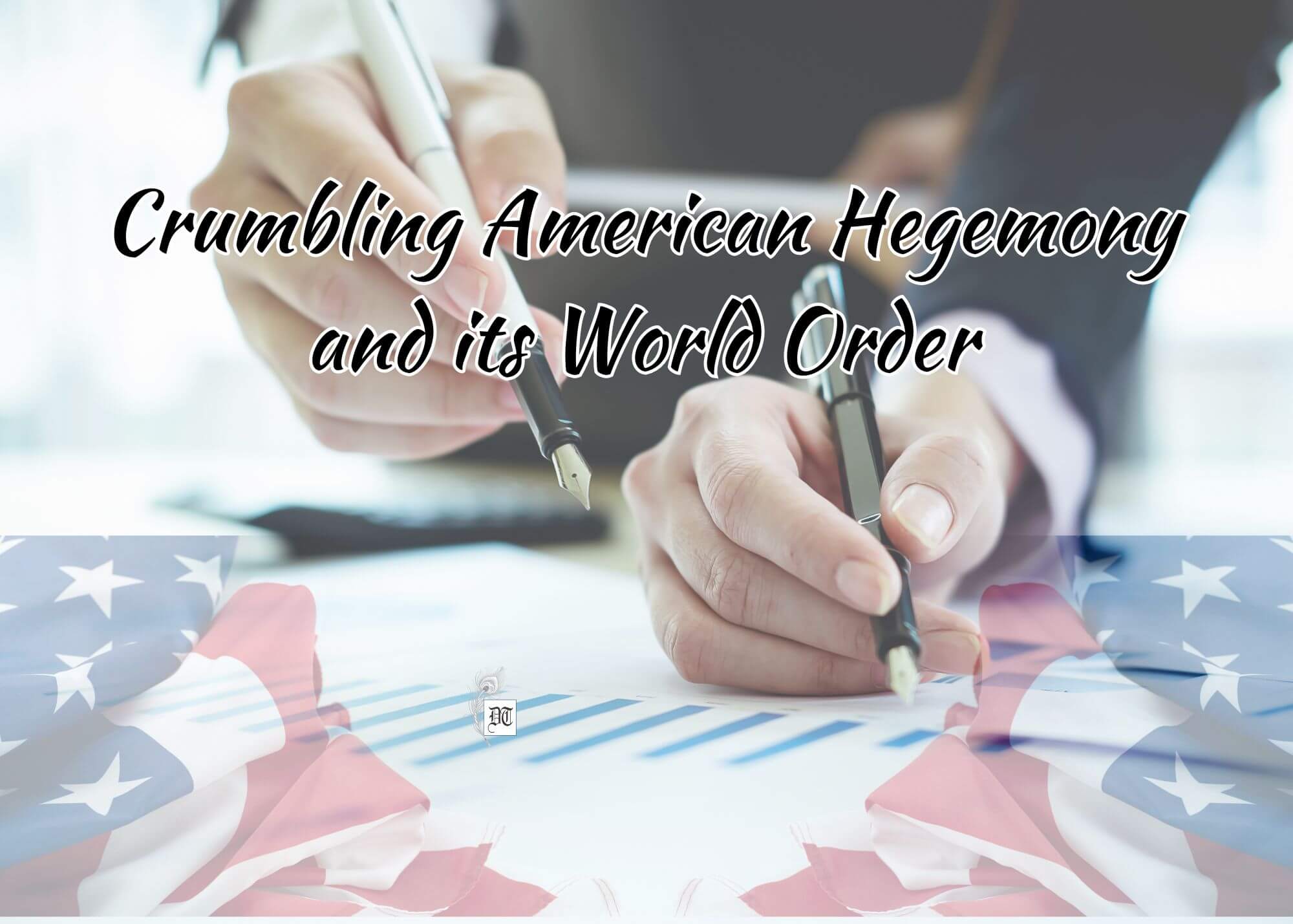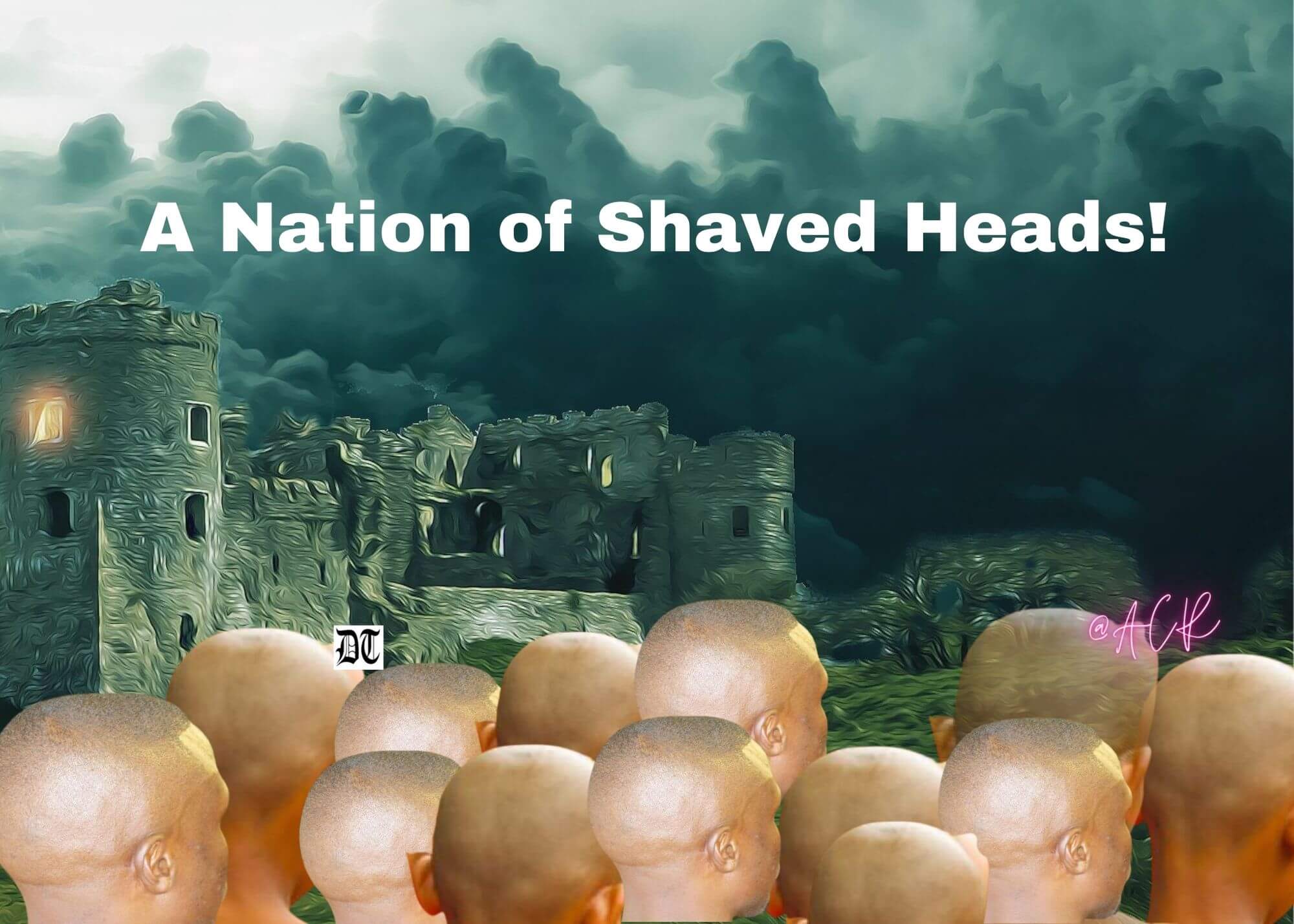The most popular president in Brazil’s history, Luiz Inacio Lula da Silva, is also the front-runner in polls for elections due in October. His Workers’ Party government oversaw massive poverty reduction and redistribution of wealth that saw per capita household income rose 27 percent in eight years. Here’s a report, for Different Truths.
Brazil’s Supreme Court decision to send former president Luiz Inacio Lula da Silva to jail is a nakedly political act. The most popular president in Brazil’s history is also the front-runner in polls for elections due in October. His Workers’ Party government oversaw massive poverty reduction and redistribution of wealth that saw per capita household income rose 27 percent in eight years.
When he stepped down after serving the maximum two consecutive terms, his successor Dilma Rousseff won election and re-election in the 2010 and 2014 votes on the same left-wing platform. Both Lula, as he is universally known, and Rousseff formed part of the “pink tide” in Latin America associated most strongly with the Bolivarian revolution in Venezuela.
As well as challenging the privileges of the rich, left governments in Brazil, Venezuela, Ecuador, Bolivia, and Argentina used the wealth created from natural resources to fund social programmes aimed at  eliminating poverty and illiteracy rather than allowing it to be siphoned off by foreign “investors.” And they followed socialist Cuba in starting to chart independent foreign policies that took their continent out of the shadow of the United States.
eliminating poverty and illiteracy rather than allowing it to be siphoned off by foreign “investors.” And they followed socialist Cuba in starting to chart independent foreign policies that took their continent out of the shadow of the United States.
Their reward was predictably to be demonised as “dictatorships” and to face a ferocious and ceaseless onslaught of misinformation, economic warfare and street violence aimed at undermining and derailing their governments. Venezuela has, so far, managed to defend its revolution from attempted coups, deadly opposition-mounted riots and threats of invasion by the United States — though it has been a close-run thing. So have Bolivia and Ecuador, although the growing gulf between the latter’s former president Rafael Correa and his successor Lenin Moreno indicate that the ruling class is working hard on a comeback.
The election of Argentina’s President Mauricio Macri in 2015 took Buenos Aires back into Washington’s backyard and his government has since followed the neoliberal playbook to the letter — public-sector cuts, capitulation to foreign vulture funds and attacks on working people’s rights that have and are provoking massive strikes.
The total domination of Argentinian media by a single oligarchic firm, the Clarin media group which was deeply hostile to Cristina Fernandez’s left administration, raises questions on how fair its democratic process can be, but at least Macri was elected. Brazil’s current government has no legitimacy whatever.
The impeachment of the twice-elected Rousseff, supposedly for violating budgetary norms relating to public spending, was entirely about protecting crooked senators from exposure in the massive Car Wash corruption scandal — recordings of planning minister Romero Juca saying exactly this forced his resignation. Rousseff’s successor Michel Temer has also been caught on tape discussing hush money payments to Eduardo Cunha, the former parliamentary speaker jailed for corruption who led the impeachment process against Rousseff.
The fact that he has never been elected has not deterred him in the least from implementing a radical right-wing programme totally at odds with what Brazilians voted for in 2014, involving a 20-year freeze on public spending and the demolition of ethnic minority and women’s rights.
The Brazilian elite has been shameless in overriding the popular vote in order to reverse all the gains of  the Lula and Rousseff presidencies and they are equally shameless in manipulating the judicial process to prevent a left comeback at the ballot box. Lula’s corruption conviction rests on the testimony of one convict whose sentence was reduced as a reward. Far more voluminous evidence of corruption exists against Temer and many of his associates.
the Lula and Rousseff presidencies and they are equally shameless in manipulating the judicial process to prevent a left comeback at the ballot box. Lula’s corruption conviction rests on the testimony of one convict whose sentence was reduced as a reward. Far more voluminous evidence of corruption exists against Temer and many of his associates.
Only with Lula in jail and out of the running does the Brazilian right feel it has a chance in October. His imprisonment is simply another step in the process of dismantling the democratic system that began with Rousseff’s impeachment in 2016.
Ben Chako
The writer is the Editor of Morning Star daily
©IPA Service
Photos from the Internet
#IPA #PresidentLuizInacioLuladaSilva #BrazilElection #PollsInBrazil #USA #SouthAmerica #CountriesOfSouthAmerica #DifferentTruths





 By
By
 By
By
